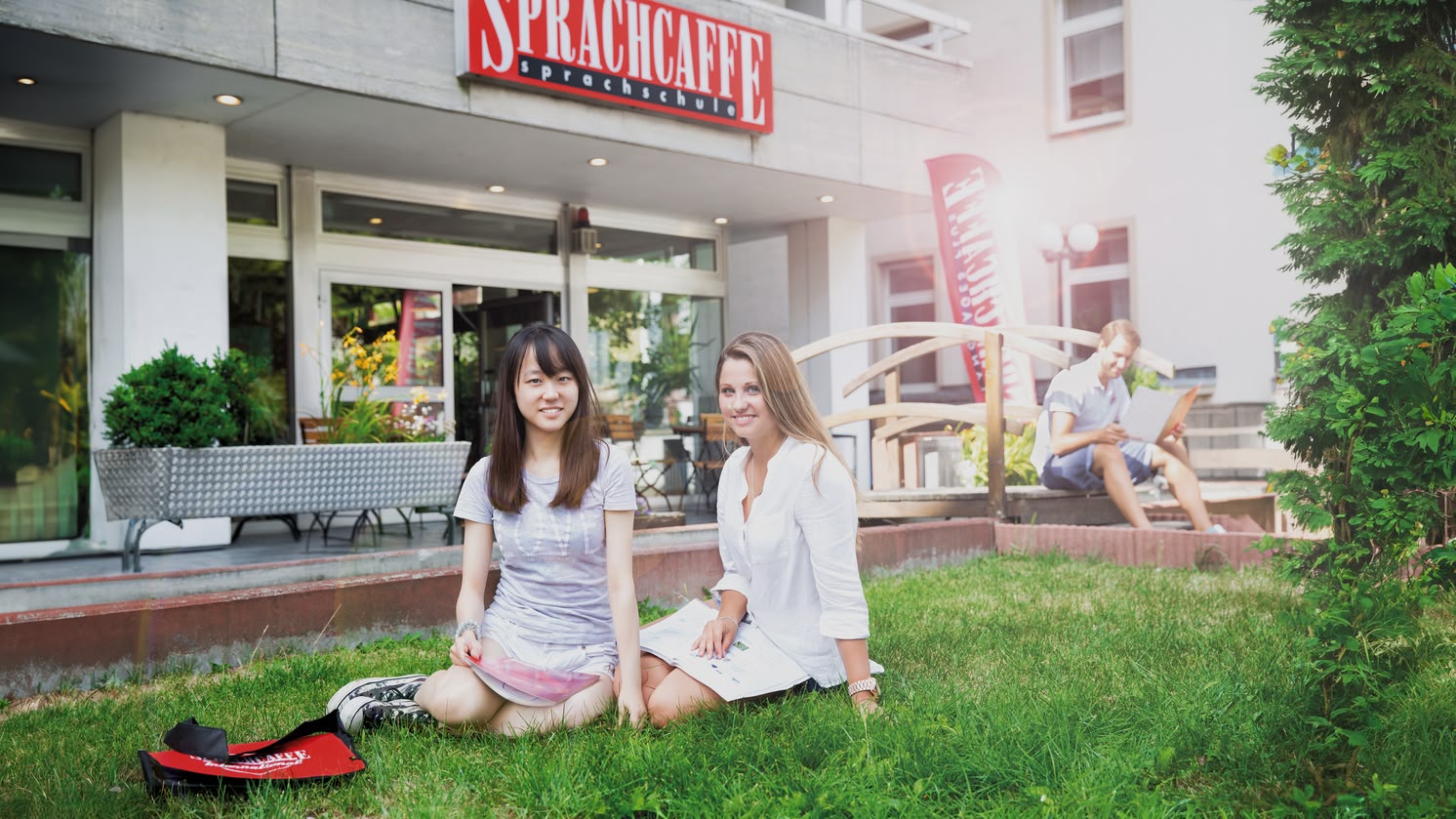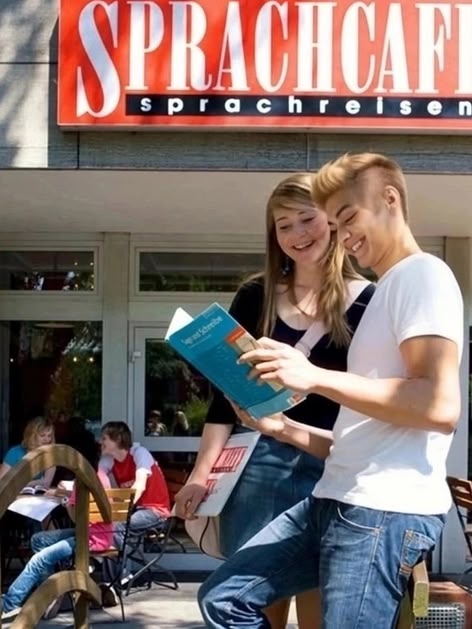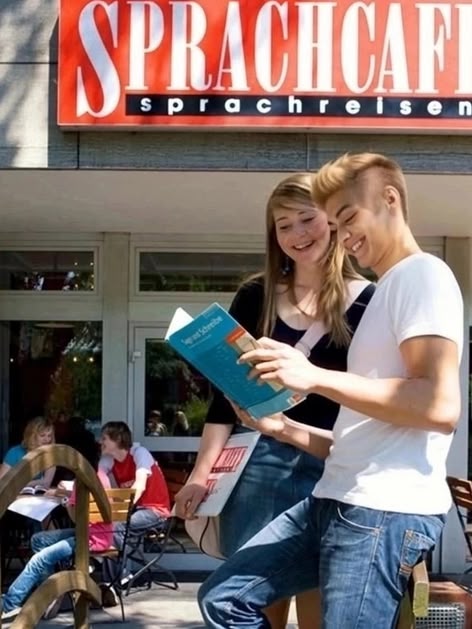Prepositions of place in German are all those prepositions that introduce a place complement. We recognize this type of complement because it answers one of the following questions:
- Wo? ( where? ): gives us information about where an action occurs;
- Woher? ( from where? ): adds information about where something or someone comes from;
- Wohin? ( where to? ): specifies in which direction, real or metaphorical, something or someone is going
The prepositions of place in German are an, auf, über, aus, von, in.
AN - which means at or in depending on the case - is used to indicate proximity to a specific object, or to mean "at the edge," "on the border," or "in the vicinity of a specific place." An example:
- I sitze an meinem Schreibtisch. = I am sitting at my desk.
The preposition AUF -which has the meaning of on/above the- is used to indicate that something is on top of something else in the case of open and flat spaces, or in the case where there is contact between the two elements:
- Das Notizbuch liegt auf dem Tisch. = The notebook is on the table (there is contact between the two elements)
- Du hast a Brille auf dem Kopf. = You have glasses on your head.
The preposition Ü BER - which always means above - is used instead to indicate two elements, one of which is above the other, but without contact . It is therefore used to indicate elevation or upward movement:
- Der Himmel ist über dem Meer. = The sky is above the sea (there is no contact between the two elements)
- Mein Chef steht über meinem Vorgesetzten. = My boss is above my manager (we can use the preposition to mean "above" even metaphorically speaking)
We use the preposition AUS -which means "from"-to indicate a subject's origin , but also a movement from inside to outside. AUS is also used when we want to introduce a complement of motion to a place or state in a place, when we have nouns that require the preposition "in."
- Ich komme aus Madrid. = I come from Madrid / I am from Madrid.
VON - which always means "from" - is used to indicate provenance , or the origin of a movement or process.
- The paper is printed aus der Verarbeitung von Zellulose. = Paper comes from the processing of cellulose.
Finally, we use the preposition IN , meaning "in" - to indicate closed spaces , the inside of buildings, the cardinal points, something that is around the speaker but also panoramas, mountains and fields.
- In the Bäckereien it is now immersed in Parfüm. = There is always perfume in pastry shops.
- Warst du jemals in diesem Kino? = Have you ever been to this cinema?










